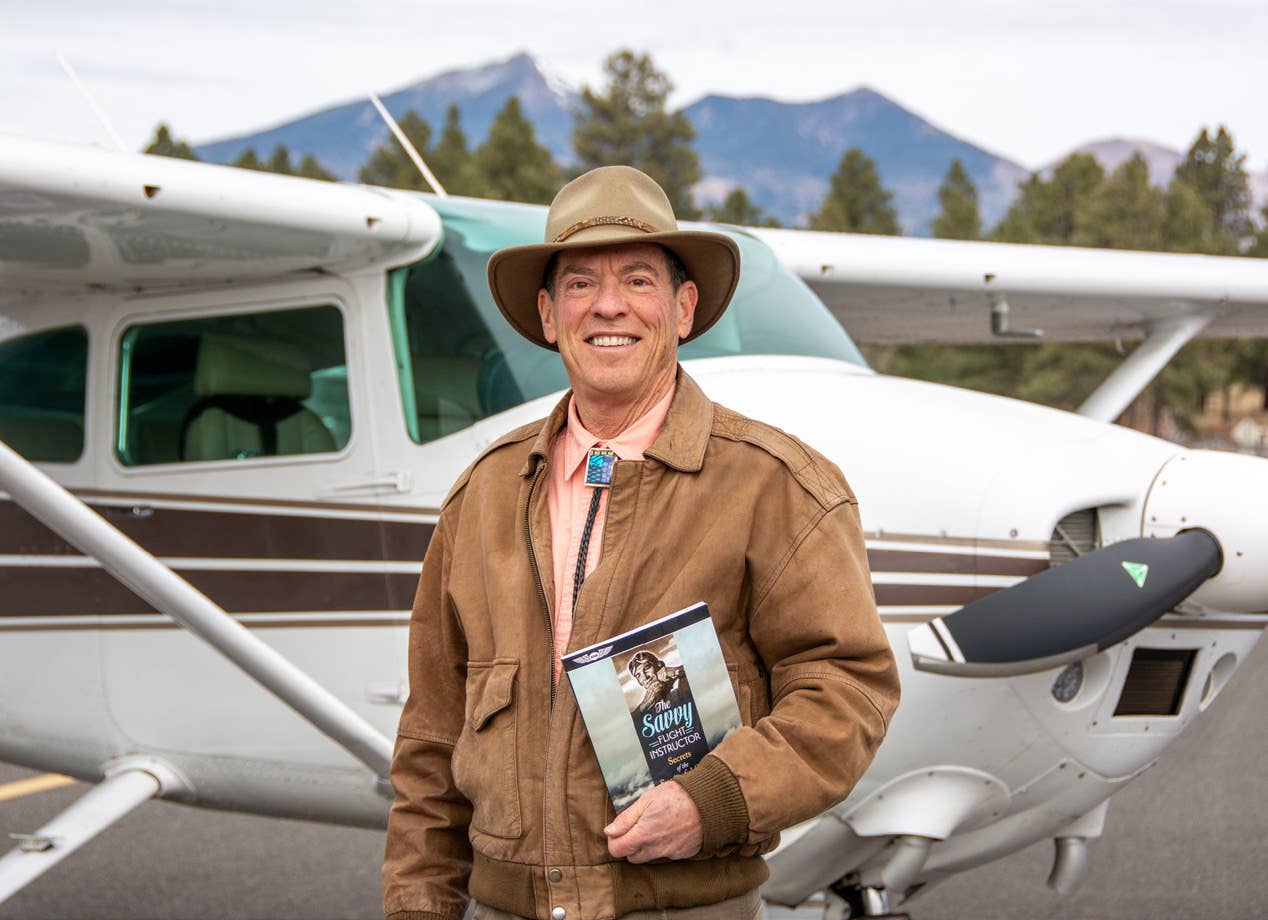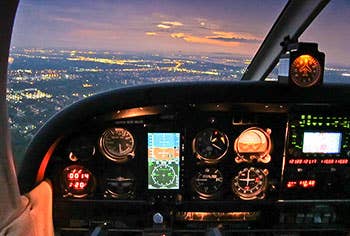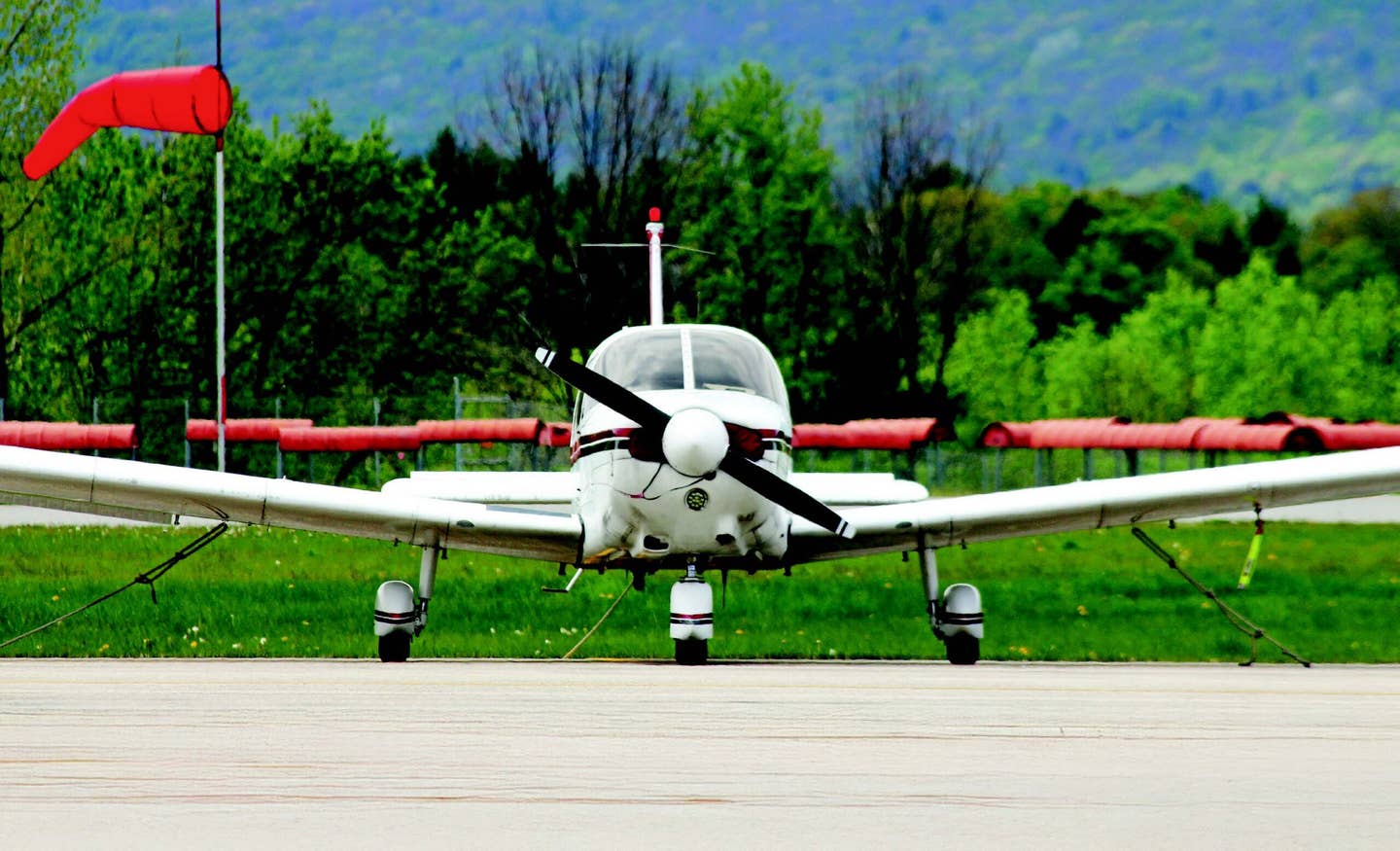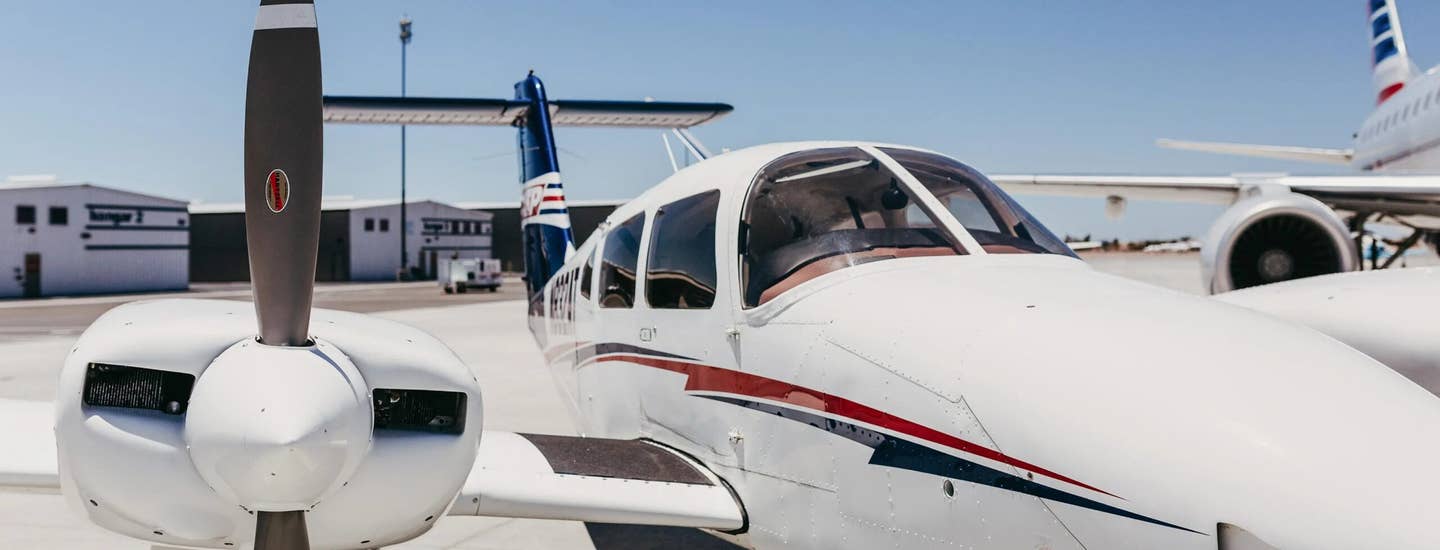
Scott Leigh
Donna F. Wilt, Ph.D., is an ATP, a Master CFI and an associate professor of aviation at Hampton University. She says:
"The FAA states that an applicant for a student-pilot certificate must be at least 14 years old for the operation of a glider or balloon and 16 years old for other categories of aircraft. Many of us have heard of teenagers who soloed an airplane on their 16th birthday. These teenagers probably started flying years before they were eligible for a student-pilot certificate.
"My definition of being ready to learn to fly includes no specific age. People are ready to learn to fly if they are motivated to learn, can read and understand the flight training material, can learn and follow procedures, can understand how to interpret the flight instruments/displays, can reach the controls and see out of the airplane and have good situational awareness. Before they can be pilot in command, they also must exhibit higher-order thinking skills, learn and apply rules to solve multipart problems, and exhibit good decision-making skills.
"What is too old to learn to fly? There is also no specific age. The United Flying Octogenarians is an organization of pilots who have flown as pilot in command on or after their 80th birthday. They know that the abilities required for seniors are exactly the same as stated above for younger pilots. Senior pilots may work harder and put in more hours learning to fly than their younger counterparts do, but mastery is what counts. Some of the required skills may decrease with age, but you can't generalize. Some adults don't have what it takes to be good pilots regardless of age.
"Seniors have more medical issues than younger pilots do, but if a pilot is healthy enough to fly, age is not the issue. Senior pilots may not be as quick as younger pilots, but they have the advantage of experience and better-developed decision-making skills. Bottom line: Age is not a limit. The ability to fly depends on an individual's physical and mental ability. To apply generalizations inevitably results in discriminating against people who are capable but do not fit typical expectations."
Thomas P. Turner holds a master's degree in aviation safety, is a three-time Master CFI and is a member both of SAFE and NAFI. He was the 2010 National FAA Safety Team Representative of the Year and the 2008 FAA Central Region CFI of the Year, and he offers a free Flying Lessons Weekly e-newsletter at mastery-flight-training.com. He says:
"David was 15. He took to ground school with vigor. And he taught me that young people are easy to teach to fly - they have no fear and will simply do what you tell them. Stalls. Steep turns. Engine failures. He nailed them all.
"Jason was 19, but he carried youthful fearlessness too far. On our first (and only) flight he saw a low bridge and said, matter-of-factly, "I can fly under that bridge." I explained the rules and the test-pilot precision necessary to survive such an attempt … and yet Jason kept talking about flying under a bridge, so much so I feared he'd try it the first time he went up solo. I never flew with him again.
"Tom flew to commemorate the 75th anniversary of his first solo flight. This was really something considering our flight was in 1989. Although Tom hadn't flown in 10 years, he was smooth and precise and taught me a little about flying the Cessna 152, a type he'd never flown before.
"Gene was in his late 60s. He progressed slowly to cross-country flights. He was meticulous with his checkpoints and I signed him off for solo along a route we'd flown together. After a frantic day trying to find where he'd gone, I got a call from Gene from an airport 150 miles in the wrong direction. More dual and two more solo attempts resulted in similar results, and Gene faded away from the instructional schedule.
"When is someone too young to fly? It's a matter of judgment and maturity — if a young person has the discipline to learn and live by the rules, then he/she will be a joy to teach. When is someone too old? When mental acuity falters or physical problems prevent performing normal and emergency procedures, then it's time to hang it up. Calendar age isn't the factor in learning to fly. It's attitude, clarity and physical ability — all things the CFI must help students learn about themselves."

Sign-up for newsletters & special offers!
Get the latest FLYING stories & special offers delivered directly to your inbox






